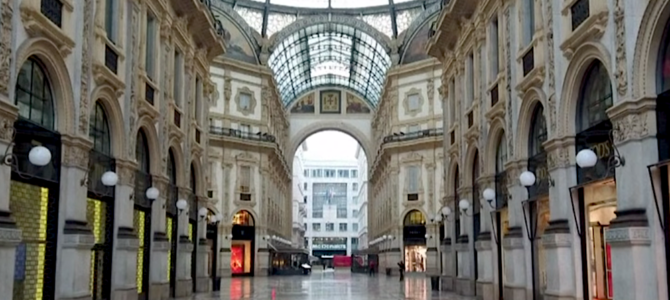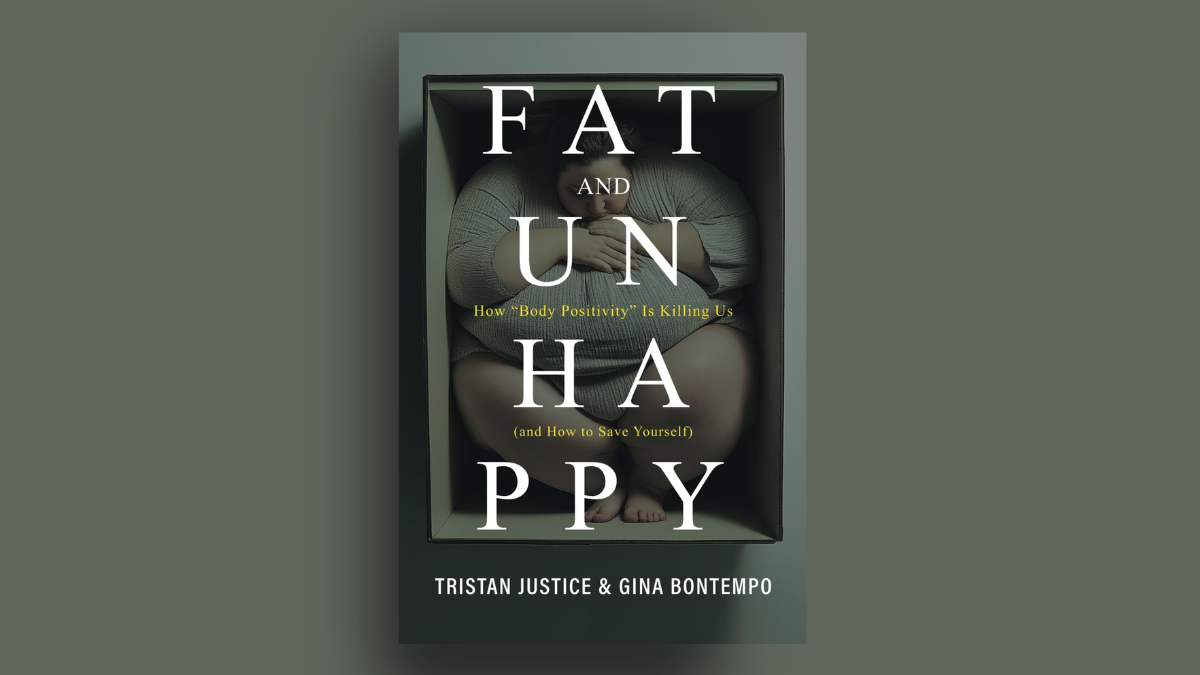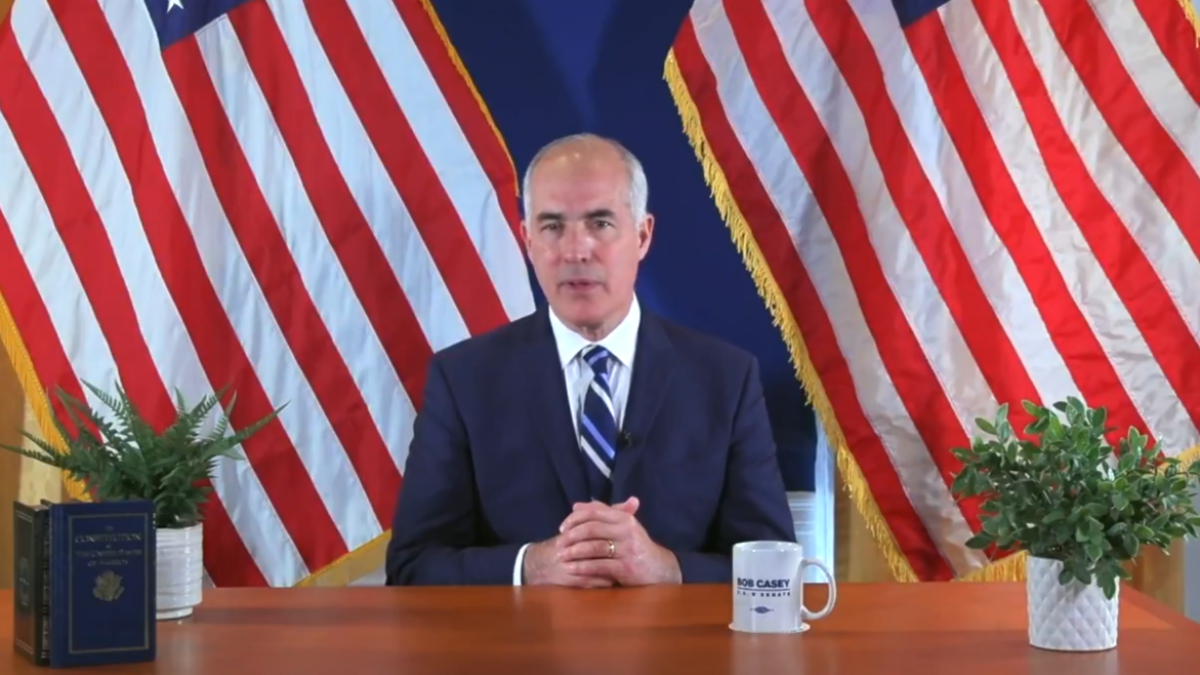
“What’s natural is the microbe. All the rest — health, integrity, purity (if you like) — is a product of the human will, of a vigilance that must never falter. The good man, the man who infects hardly anyone, is the man who has the fewest lapses of attention.” – Albert Camus, “The Plague”
Introduction: The Miracle
Of course Albert Camus is absolutely right: society—and all that comes with it—is the miracle. This is a thought absolutely none of us have in a normal, day-to-day sort of way, as we have been blessed to live in a time that has spared us the calamity of World Wars and Great Depressions. We have walked between the raindrops, avoiding the sort of world historical calamities that force people and societies to know, to the marrow of their bones, that all that is good man has painstakingly built since the age of Athens. That is, until now.
I find myself in something approaching full quarantine from the coronavirus in my adopted city of Milan. The first thing you notice is the deathly silence of the usual frenetic and creative place, the New York of Italy. Instead, as I walk the ghostly five minutes between my apartment and that of my fiancée, I feel like an extra from the television series, Chernobyl. There are no people moving about on what would normally be a bustling Thursday.
Even more curious, there are no animals anywhere to be seen, no dogs, cats, the ultimate icons of domestic life. Instead, there is the strangest of things, utter silence and isolation in a city of millions. It is this eerie nothingness that stays with you, as if you were utterly alone in the calamity of the virus. This is the norm, not the miracle of modern life – a miracle that must be fought for.
The Good
In terms of social cohesion, Italy (and indeed all the ancient cultures of Europe) have a great advantage in dealing with this pestilence; they are rooted cultures which have survived everything, from the fall of Rome, to the bubonic plague, to the disaster of the Second World War. More societies than polities, more culture than government, these are the bonds that are keeping Italy going.
The other advantage Italians have is the curious and admirable ability to survive and even thrive without any form of recognizable government; they are the ultimate libertarian fantasy. There have been 66 weak and almost interchangeable Italian governments since World War II, and still the place is a marvel to live in.
True to form, the present well-meaning if overmatched Conte government is always a step too slow in dealing with the coronavirus. Glacial timing that does not fit the policy challenges of the day is the ultimate, common sin of post-Cold War European governance.
Even when they are right, as the present Italian government surely has been in pushing for a quarantine, the manner of doing so has been slow and the messaging contradictory. If this is so serious, why are the bars and restaurants still open until 6pm? Why did flights from Milan still proceed unimpeded for a time while Lombardy was in quarantine? More pathetic still, the usual leak of the government’s decision to significantly tighten the quarantine in Lombardy led to a panicked exodus of thousands on the last train out of Milan to get home to “mama.”
Ironically, this act of trying to salvage an illusory freedom quickly came undone as the quarantine was extended to the whole of the country shortly thereafter. All this folly accomplished was to obviously spread the virus southwards. So while an endlessly creative Italian society will and is surviving this, Camus’ masterwork does point us to the darker side of human nature.
The Bad
The root of the very modern social problem the coronavirus has unearthed is the very ancient Greek notion of decadence, of an over-privileged, under-motivated populace who too often see the world as full of rights, and devoid of responsibilities. This is a common condition of Western man, rather than merely Italians, but the coronavirus has made this terrible decay apparent.
After early vacillation, the Conte government has been clear: Stay inside! But modern man has found this clear directive—the only real way to limit the spread of the pestilence–emotionally insupportable, whatever the cost. And this has become a major enemy of Italy besting this plague.
Self-centred excuses in the face of sacrificing for the common good abound. After schools were rightly cancelled to limit children’s exposure to groups, I was in conversation with a gaggle of parents who were still determined early in the crisis to go on a skiing holiday, despite the exposure that would lead to. Their selfishness, amounting almost to lunacy, was only halted by the government putting the whole of Lombardy in quarantine.
Likewise, despite the relentless (and wholly correct) drumbeat of the government, television, and radio for Italians to stay at home whatever the cost, a generation of spoiled, middle-aged man-children, terrified at being forced to be alone with their thoughts (and their rambunctious children) during this period of peril, have squirmed under the new limits.
I know of one such product of our age very well, who, bored by himself and his increased parental duties, simply had to go to the park. There he met upwards of ten similar shallow people, also playing with their children together outside, which is the exact opposite of what absolutely everyone is telling them to do. This is decadence on an epic scale. Worse, it is imperiling innocents who are close to them, and have been far more responsible. The problem with civilization is by design you are dependent on other, often deeply flawed people. The coronavirus is making this peril of life painfully, abundantly clear.
Conclusion: The Ugly
Now, from the safety of my kitchen table, where I have been frantically writing, surrounded by two cats and my fiancée (also, obviously working from home), let me put my usual political risk hat on, if only for a minute.
First and foremost, this is going to be far, far, worse economically than almost anyone has said up until now, even as the virus inevitably spreads out from Italy, to Germany, France, and the UK. The only question is whether it’s coming amounts to a serious 2008-style Great Recession or, if bungled, something even worse. Remember that Italy, France, and Germany were already headed for a mild, garden-variety recession even before the coronavirus hit. This downturn now faces a multiplier effect as fragile Italy has ground to an absolute economic halt.
Remember that China–at war with the coronavirus (unofficially) since late December 2019 and at last seeing it abate after draconian measures were put in place for months—has been working at greatly reduced capacity for a whole quarter.
Remember central banks, with interest rates still at historic lows following the Great Recession of 2008, have very limited means to deal with this next great economic jolt.
And lastly, remember the very real feelings of panic and unreasoning, human fear. After the bubonic plague, at least the shattered medieval inhabitants of Europe could fall back on the explanation of God’s terrible will. Today, all we have left is Camus’ existentialism, that the world is unknowable and uncontrollable. Business confidence is bound to be rocked round the world by the overwhelming, painful lesson of the virus: epically bad things happen to societies from time to time; history has not yet been abolished.
This article was originally published at CapX.









